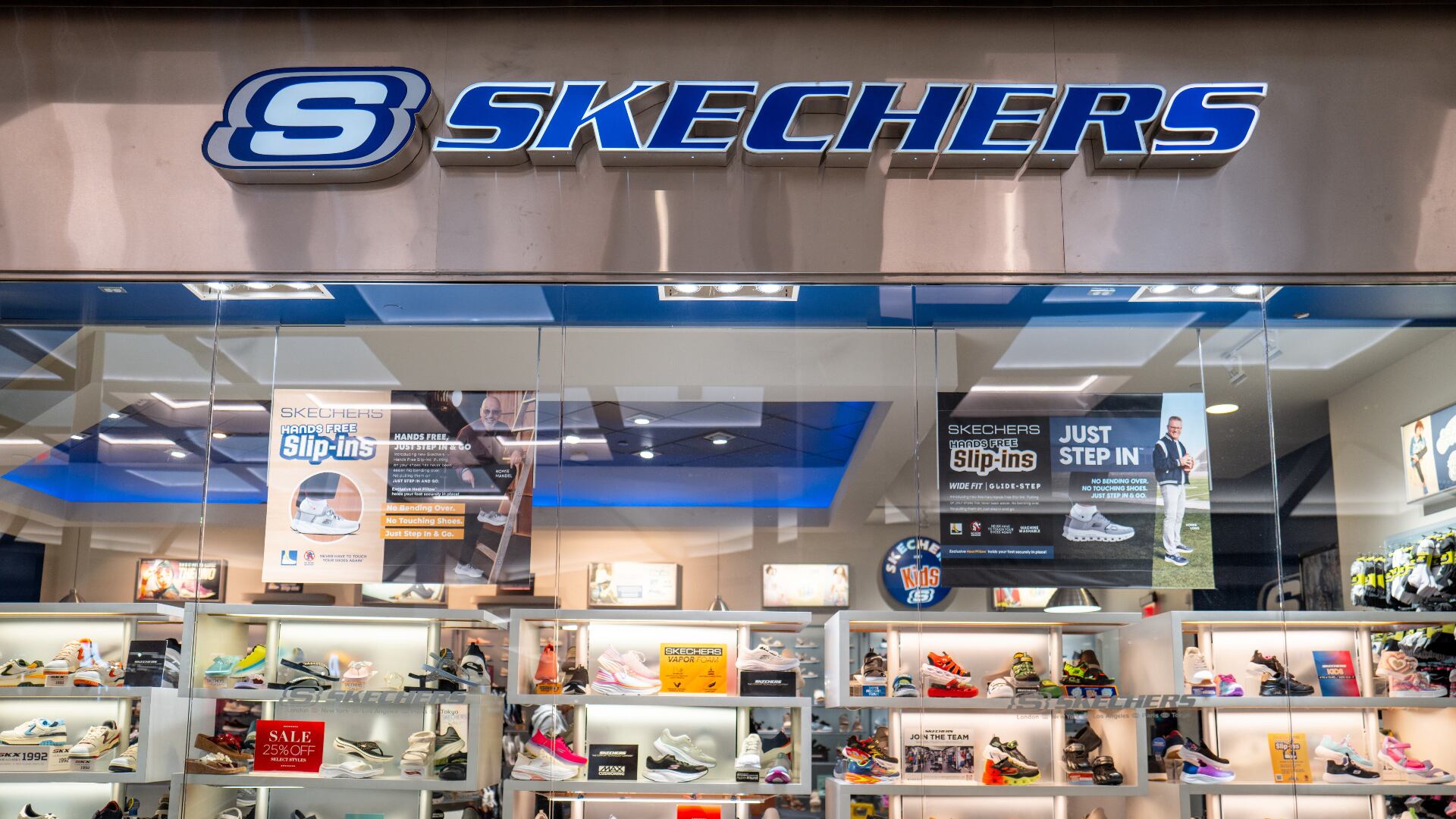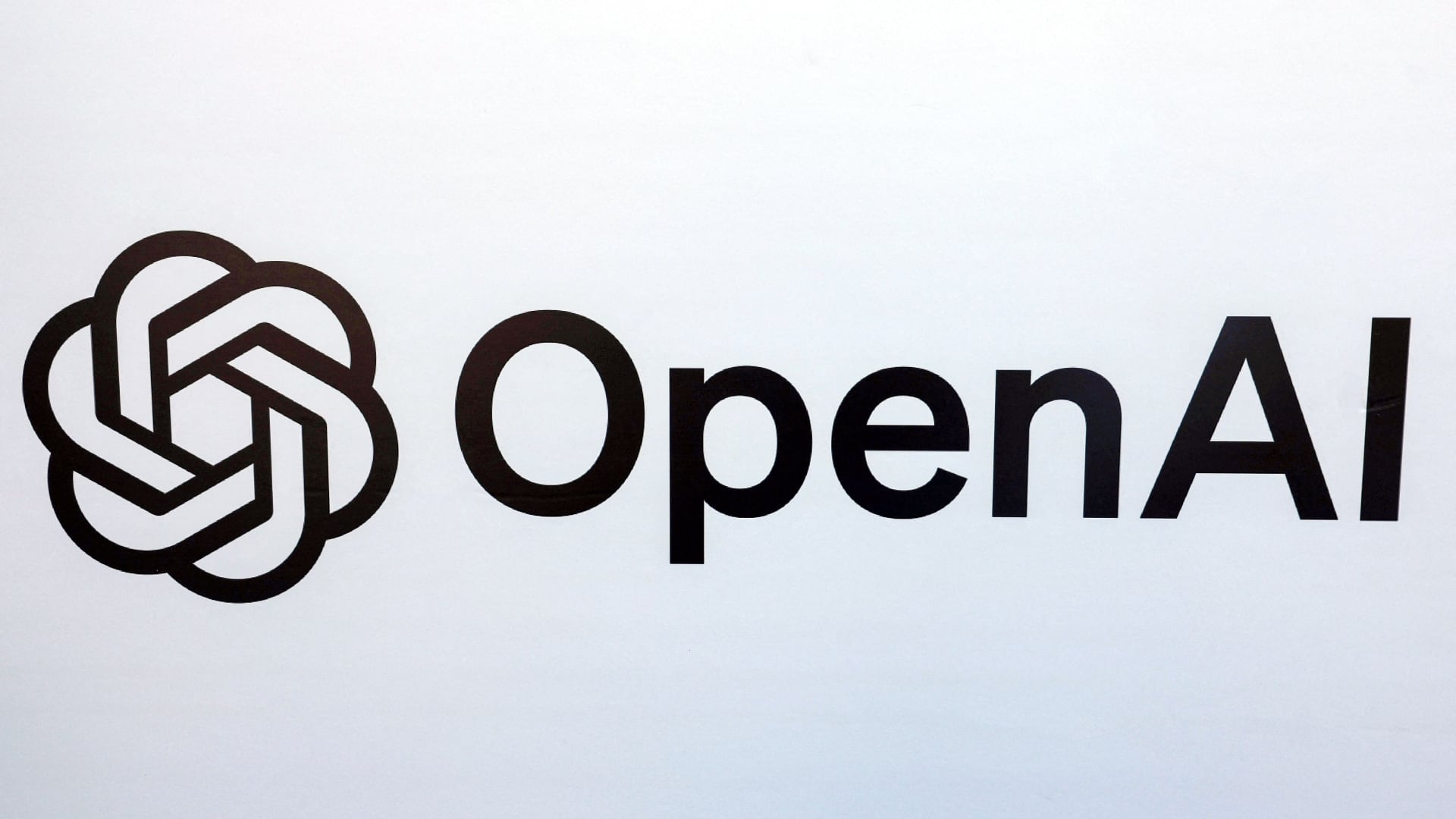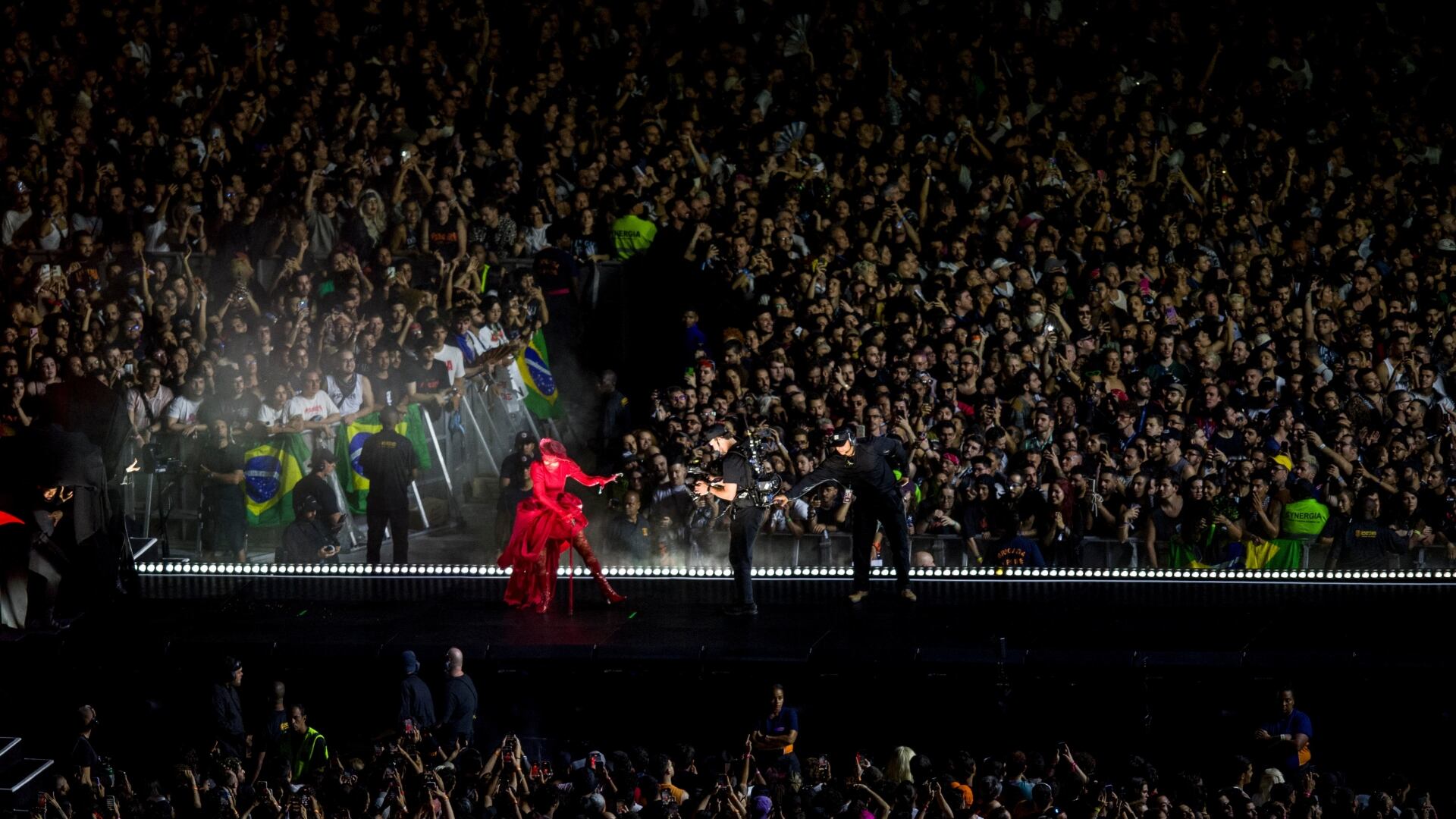By Damian J. Troise and Alex Veiga
Rising bond yields triggered a broad sell-off on Wall Street Thursday that erased the market's gains for the week and handed the Nasdaq composite its biggest loss in nearly four months.
The S&P 500 dropped 2.4%, led lower by heavy selling in technology and communications companies. The tech-heavy Nasdaq fell 3.5%, its biggest skid since October.
The sell-off took hold when the yield on the 10-year U.S. Treasury note moved above 1.5%, a level not seen in more than a year and far above the 0.92% it was trading at only two months ago. The move raised the alarm on Wall Street that yields, and the interest rates they influence, will move higher from here.
“The yield on the 10-year note crossed the line in the sand at 1.50%, which from a technical perspective further confirms that higher rates are likely,” said Sam Stovall, chief investment strategist at CFRA.
Bond yields have been rising this month, reflecting growing confidence among investors that the economy is on the path to recovery, but also concern that inflation is headed higher. Rising yields can make stocks look less attractive relative to bonds to some investors, which is why every tick up in yields recently has corresponded with a tick down in stock prices.
The S&P 500 index fell 96.09 points to 3,829.34. The Dow Jones Industrial Average lost 559.85 points, or 1.8%, to 31,402.01. The Nasdaq slid 478.54 points to 13,119.43.
The economy grew at an annual pace of 4.1% in the final three months of 2020, slightly faster than first estimated. The influx of new government stimulus efforts and accelerated vaccine distribution could lift growth in the current quarter, ending in March, to 5% or even higher, economists believe.
“The bond market is reacting to the positive economic growth,” said Brent Schutte, chief investment strategist, Northwestern Mutual Wealth Management Company. “It means there’s some hope on the horizon.”
Still, rising bond yields can translate into higher borrowing costs for individuals and companies, which can end up hurting a company's longer-term earnings, said James McDonald, CEO and chief investment officer of Hercules Investments in Los Angeles.
“Now is the time to lock in profits in a stock portfolio and reduce exposure to the stock market, as we expect the coming months to be challenging for (stock) markets if the rapid ascent in bond yields continues,” he said. “If we see a sudden surge in inflation over the coming months, that may put additional upward pressure on bond yields.”
Technology stocks, which tend to have higher valuations, have been one of the victims of the rise in bond yields. As bond yields climb, more investors shift money into those higher yielding assets, which tends to negatively impact stocks that are priced for growth and not for regular dividend payouts.
Apple, Amazon, Facebook and Microsoft — all companies that pushed the stock market higher last year — fell 2.4% or more.
Smaller company stocks fared worse than the rest of the market. The Russell 2000 index of smaller company stocks lost 84.21 points, or 3.7%, to 2,200.17. The index has been far outpacing larger indexes, a signal that investors expect broader growth to continue.
Global stock markets have soared over the past six months on optimism about coronavirus vaccines and central bank promises of abundant credit to support struggling economies. Those sentiments have faltered due to warnings the rally might be too early and that inflation might rise.
On Wednesday, Federal Reserve Chair Jerome Powell affirmed the Fed's commitment to low interest rates in a second day of testimony to legislators in Washington.
The central bank earlier indicated it would allow the economy to run hot to make sure a recovery is well-established following its deepest slump since the 1930s. Powell said it might take more than three years to hit the Fed's target of 2% inflation.
Investors also are looking for Congress to approve President Joe Biden's proposed economic aid plan. That includes $1,400 checks to most Americans. However, the plan faces staunch opposition from Republicans and is still subject to negotiations. Democrats have chosen to use the legislative process known as reconciliation that would allow them to pass the bill without GOP support.
GameStop jumped 18.6% a day after the video game retailer's stock more than doubled. The stock has been mostly declining this month after skyrocketing 1,600% in January as a large group of investors on Reddit and other social media sites encouraged each other to drive up the shares at the expense of hedge funds betting the stock would go lower.
Updated on February 25, 2021, at 5:57 p.m. ET.













